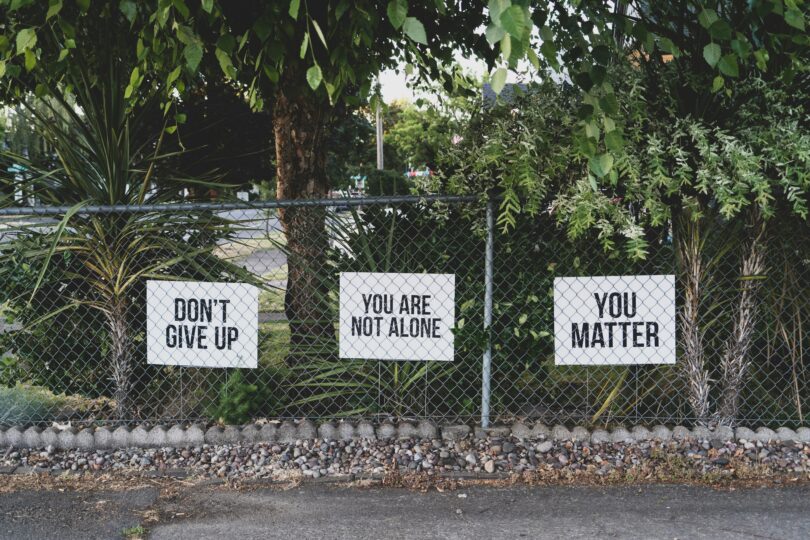It’s not unusual for health insurance to cover $11 on a $125 mental health visit, reports O. Rose Broderick for StatNews. It doesn’t matter that the patient suffers from deep depression, addiction or bipolar disorder. What’s worse, the Trump administration appears poised to rescind regulations that were intended to improve mental health coverage.
Congress passed the Mental Health Parity and Addiction Equity Act (MHPAEA) 17 years ago to stop health insurers from treating mental health differently than physical health care. Under the law, insurers must charge copays and apply prior authorization for mental health services in the same way as they do for physical services. While MHPAEA did not require insurer coverage of mental health and substance abuse services, the Affordable Care Act did.
Medicare does not always cover the mental health and substance abuse services people need. Medicare Part A covers inpatient care for people needing mental health treatment in a hospital or a psychiatric hospital. In a psychiatric hospital though, coverage is limited to 190 days in a lifetime.
Medicare Part B pays for one depression screening each year. It also covers a welcome to Medicare visit, when people first join Medicare. During that visit, physicians should review patients’ risk factors for depression. And, Medicare pays for an annual “wellness” visit, which should include talking to your doctor about your mental health status.
In addition, Medicare Part B pays for individual and group psychotherapy when the principal goal is to aid with psychiatric evaluation, medication management, and treatment. For people who would otherwise need inpatient mental health care, Medicare pays for partial outpatient hospitalization through a hospital outpatient department or community mental health center.
But, for mental health services, Medicare rates are generally quite low, so it can be hard to find providers willing to accept them. Moreover, Medicare is not subject to MHPAEA. As a result, the one in four Americans with Medicare with mental health conditions and the 1.7 million of them with a diagnosed substance use disorder are often not covered for their care.
Notwithstanding MHPAEA, insurance companies still refuse to pay fair rates for mental health care outside of Medicare, using legal loopholes to justify their behavior. It therefore remains challenging for people with mental health issues to find a mental health provider who will see them. One in four cannot afford to pay out of pocket for this care.
The Biden administration tried to address the MHPAEA loopholes through regulations. It forbade limits on treatments, expanding access to mental health care.
The insurers sued. The Trump administration just let the judge know that it will not enforce the regulation and might undo it.
It will now be harder for people to get treated for substance use and mental health issues. So long as insurers are legally permitted to set provider rates unconscionably low or keep adequate numbers of mental health providers out of their networks, when it comes to treatment for mental health conditions, Americans lose.
Here’s more from Just Care:
- Mental health care is unaffordable for one in four Americans with anxiety and depression
- Why social health is as important as physical and mental health
- 2024: Access to Medicare mental health services is expanding
- Will Medicare continue to cover telehealth mental health services?
- Medicare coverage of mental health care










